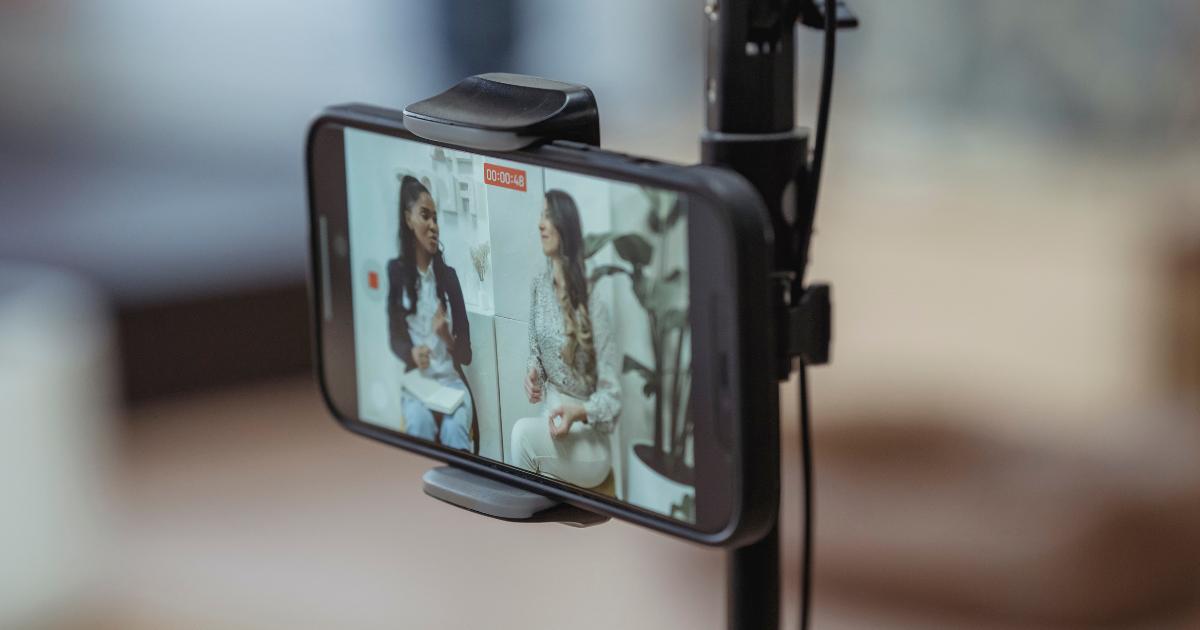In the digital era, we have abjectly surrendered our lives to our social media feeds. If it’s not posted online, did it really happen?
Perhaps this mindset is what tempts patients to film medical consultations and procedures.
Currently, there is no unanimous stance across NHS trusts in the UK, and restrictions on filming are variable.
While patients are entitled to video documentation of their treatment, with consent, there is a growing trend of filming in hospital settings without seeking permission.
The Society of Radiographers has warned that videos being uploaded to social media are causing ‘unease’ among healthcare professionals.
This statement comes after an incident in the South of England, whereby a patient’s relative recorded a cannula being inserted into an arm as they felt it would be ‘entertaining on social media’.
The filming took place without obtaining the clinicians’ consent, and rather than entertainment, it was perceived as a distraction from delivering care.
ALSO READ: ‘We are heading towards a Victorian-era health crisis’
Hospitals serve to treat hundreds of patients, meaning that there is a high probability that filming in this environment is likely to capture sensitive information, especially when done without consent.
So, when patients begin filming medical content for the unintended purpose of entertainment, the question arises; is this ethical?
In hospital settings, people are at their most vulnerable, and there is an expectation for healthcare workers to uphold patient respect, dignity, and privacy.
Uploading content without consent compromises this and underlines why filming in hospitals is ethically questionable.
To ensure that trust between the patient and clinicians is not undermined, consent must be obtained before filming takes place.
